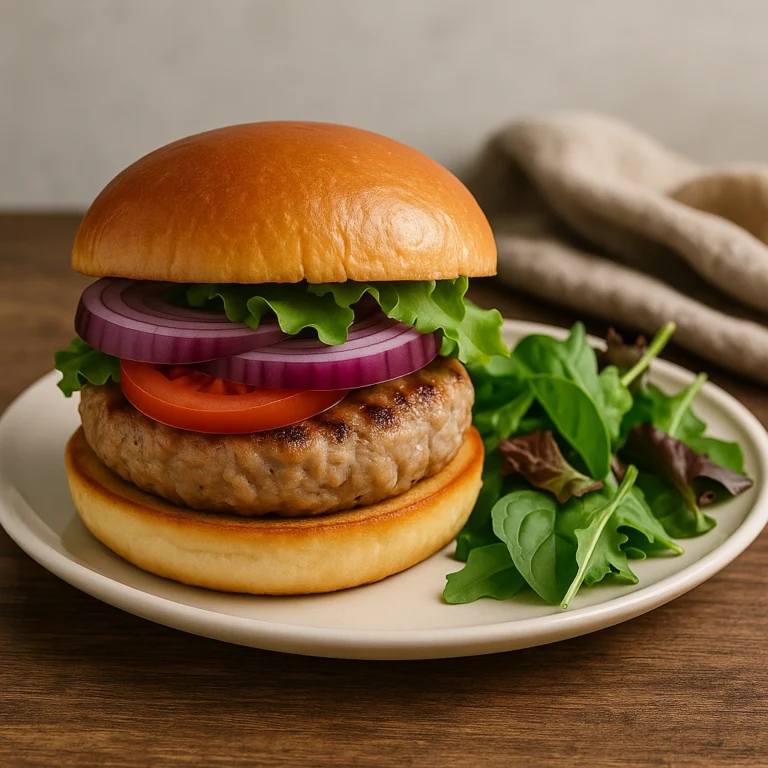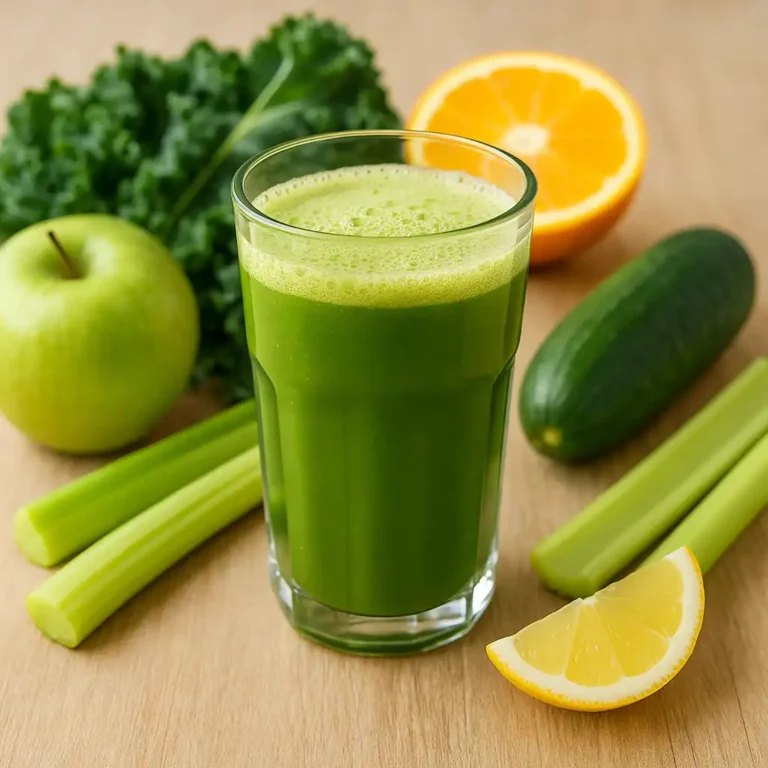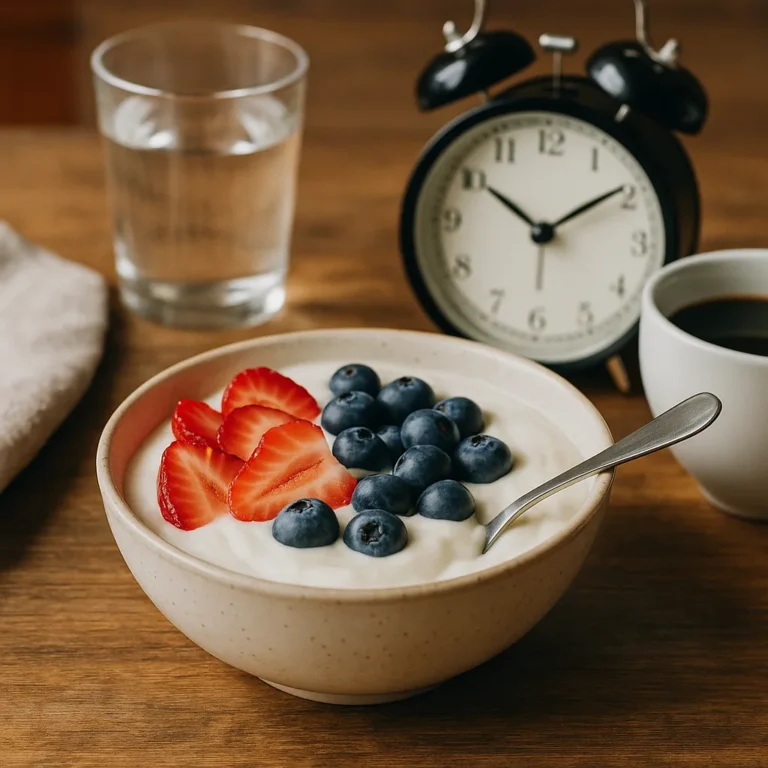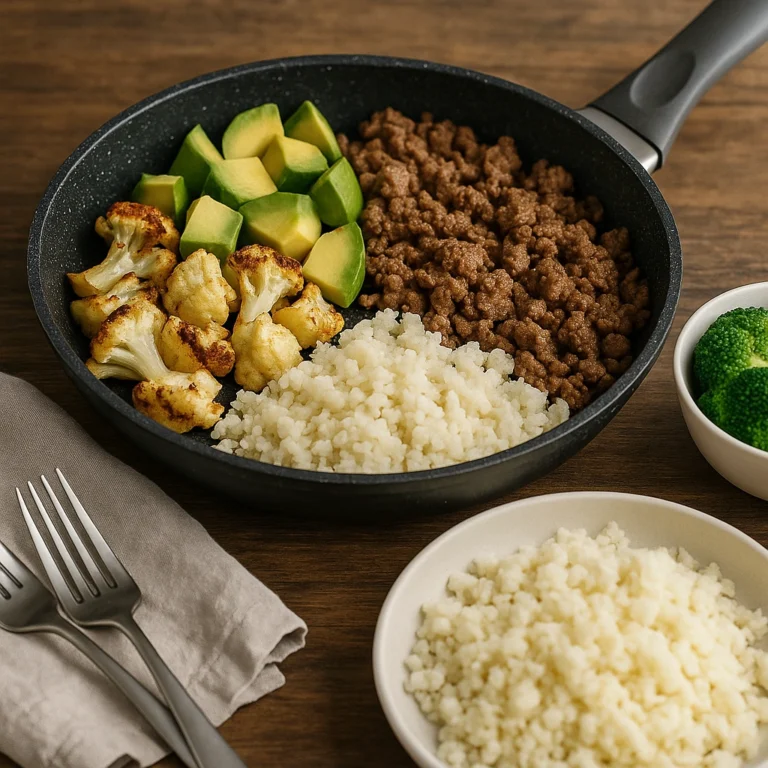Is Burger Healthy for a Diet: Simple Ways to Make It Better
Burgers can absolutely fit into a healthy diet with a few smart choices. It’s not about cutting them out completely but about paying attention to the ingredients, cooking methods, and portions. With a little planning, you can enjoy burgers while still staying on track with your nutrition goals.
The Ingredients Make All the Difference
The healthiest burgers start with the right ingredients. Many home cooks choose leaner meats like ground turkey, chicken, or plant-based patties to reduce saturated fat. Even 90% lean ground beef works well for those who want the classic taste but with less fat.
Buns and toppings also play a big role. Whole grain buns or lettuce wraps help cut back on empty carbs. Fresh toppings like tomatoes, spinach, avocado, or grilled onions add nutrients and flavor. Making burgers at home allows for easy customization without sacrificing taste.
How You Cook It Changes Everything
Cooking methods directly affect the burger’s nutrition. Grilling allows fat to drip away, keeping burgers leaner. Pan-frying can add extra fat if too much oil is used. That’s why many home cooks prefer ceramic non-stick pans. They heat evenly, require little to no oil, and help prevent sticking.
Plenty of people say these pans make cooking burgers easier, especially on busy nights when quick, hassle-free meals are a priority.
Keeping Portions in Check Helps a Lot
Portion size plays a big role in keeping burgers diet-friendly. Nutrition experts often recommend burgers between 4 to 6 ounces. This offers enough protein without piling on excess calories. Many people portion patties ahead of time during meal prep, which makes weekday cooking even easier.
Serving burgers with lighter sides helps balance the meal. Instead of fries, options like salads, roasted vegetables, or fruit can round out your plate without feeling heavy.
Homemade Wins Over Store-Bought
Many store-bought burgers contain added sodium, fillers, and preservatives. Frozen patties, in particular, often include extra ingredients that don’t always fit into healthier eating plans.
Making burgers at home gives you full control. You decide on the protein, portion size, toppings, and cooking method. For anyone focused on healthier eating, homemade burgers offer more flexibility and better flavor.
Conclusion
Burgers can definitely be part of a healthy diet when made with the right choices. Lean proteins, better buns or lettuce wraps, fresh toppings, and balanced sides turn burgers into a meal that supports your goals without feeling restrictive. Small adjustments make it easy to enjoy burgers while staying on track.






